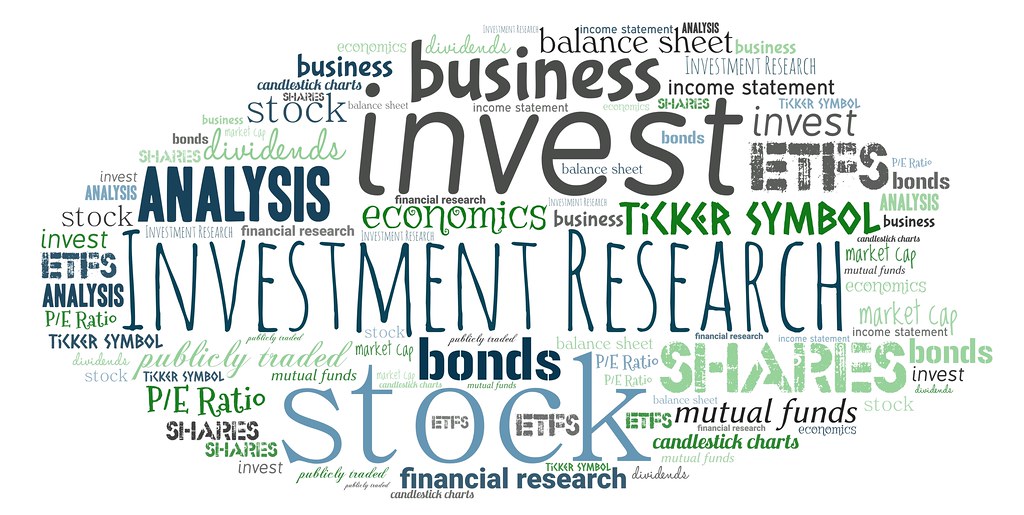Investing in the stock market is a dynamic and potentially rewarding endeavor, but it’s not without its risks. As investors, it’s crucial to be aware of these risks to make informed decisions and navigate the market with confidence. In this article, we’ll explore the various risks associated with investing in the stock market.
Market Volatility
Nature of Volatility
The stock market is inherently volatile, with prices of stocks subject to frequent fluctuations. Factors such as economic events, company performance, and global developments contribute to market volatility.
Impact on Investments
Investors may experience sudden and unpredictable changes in the value of their investments. High volatility can lead to rapid declines in stock prices, resulting in potential financial losses for investors.
Economic Downturns

Market Sensitivity to Economic Conditions
The stock market is closely tied to the overall health of the economy. During economic downturns, stock prices often decline as companies face challenges, impacting investor portfolios.
Long-Term Implications
Extended periods of economic downturns can have long-term implications for investors. A prolonged bear market can erode the value of portfolios, requiring time for recovery.
Company-Specific Risks
Business Performance
Investors face risks associated with the performance of individual companies in their portfolios. Factors such as poor management, declining sales, or industry-specific challenges can lead to stock devaluation.
Corporate Governance Issues
Issues related to corporate governance, such as financial mismanagement or unethical practices, can negatively impact a company’s stock value and, consequently, investor holdings.
Interest Rate Fluctuations
Impact on Borrowing and Spending
Changes in interest rates, determined by central banks, can influence borrowing costs and consumer spending. Stock prices may react to these changes, affecting investment returns.
Bond Market Competition
When interest rates rise, fixed-income securities like bonds may become more attractive to investors, diverting funds away from the stock market and potentially lowering stock prices.
Liquidity Risks
Market Liquidity Concerns
Liquidity refers to the ease with which an asset can be bought or sold. In periods of low liquidity, investors may encounter challenges selling stocks at desired prices, leading to potential losses.
Impact on Small-Cap Stocks
Small-cap stocks, in particular, may be more susceptible to liquidity risks. These stocks often have lower trading volumes, making it harder for investors to buy or sell shares.
Psychological Factors
Emotional Decision-Making
Investors’ emotions, such as fear and greed, can influence decision-making. Emotional reactions to market fluctuations may lead to impulsive decisions that may not align with long-term investment goals.
Market Speculation
Speculative trading based on rumors or short-term market trends can expose investors to unnecessary risks. Prudent investors should base decisions on thorough research and analysis.
Inflation

Impact on Purchasing Power
Inflation, the rise in the cost of goods and services, can erode the purchasing power of money. Investors need to consider the impact of inflation on the real returns of their investments.
Investment Strategies for Inflation
Developing investment strategies that account for inflation, such as investing in assets that historically outpace inflation, is essential for maintaining the value of portfolios.
Regulatory and Legislative Risks
Government Policies
Changes in government policies, regulations, or tax laws can affect the stock market. Investors should stay informed about potential legislative changes that could impact their investments.
Sector-Specific Regulations
Certain industries may be subject to specific regulations that can impact stock prices. Investors in these sectors should be aware of the regulatory risks associated with their holdings.
Currency Risks
International Investments
Investors with holdings in foreign markets face currency risks. Fluctuations in exchange rates can impact the value of international investments when translated back into the investor’s home currency.
Hedging Strategies
Implementing hedging strategies, such as using currency derivatives, can help mitigate the impact of currency risks for investors with international holdings.
Lack of Diversification
Concentration Risk
Failure to diversify a portfolio exposes investors to concentration risk. Depending on a limited number of stocks or asset classes can lead to significant losses if those investments underperform.
Benefits of Diversification
Diversifying across various industries and asset classes helps spread risk. A well-diversified portfolio is less vulnerable to the poor performance of any single investment.
Technological Risks
Cybersecurity Threats
In the digital age, investors face technological risks, including cybersecurity threats. Hacking incidents or system failures on trading platforms can disrupt market activities.
Platform Reliability
The reliability of online trading platforms is crucial. Technical glitches or platform outages can hinder investors’ ability to execute trades promptly.
Unforeseen Events
Black Swan Events
Unpredictable events, often referred to as “black swan” events, can have a profound impact on the stock market. Natural disasters, geopolitical crises, or global pandemics can create unprecedented market volatility.
Risk Mitigation Strategies
While unforeseen events are challenging to predict, having a diversified portfolio and staying informed can help investors mitigate the impact of unexpected market developments.
Investor Behavior Risks
Herd Mentality
Following the crowd without thorough analysis can lead to herd mentality. Investors should avoid making decisions solely based on the actions of others, as it may not align with their own financial goals.
Overtrading
Excessive buying and selling, known as overtrading, can lead to high transaction costs and potential losses. Investors should adopt a disciplined approach to trading and avoid unnecessary turnover.
Lack of Knowledge and Education

formed Decision-Making
Lack of knowledge about the stock market and investment principles can expose investors to risks. Continuous education and staying informed are essential for making sound investment decisions.
Utilizing Educational Resources
Taking advantage of educational resources, such as books, courses, and seminars, can empower investors with the knowledge needed to navigate the complexities of the stock market.
Conclusion
Investing in the stock market offers opportunities for wealth creation, but it’s not without its inherent risks. Understanding and acknowledging these risks is paramount for any investor seeking long-term success. By adopting a diversified approach, staying informed, and making decisions based on careful analysis, investors can navigate the dynamic landscape of the stock market with greater confidence.

